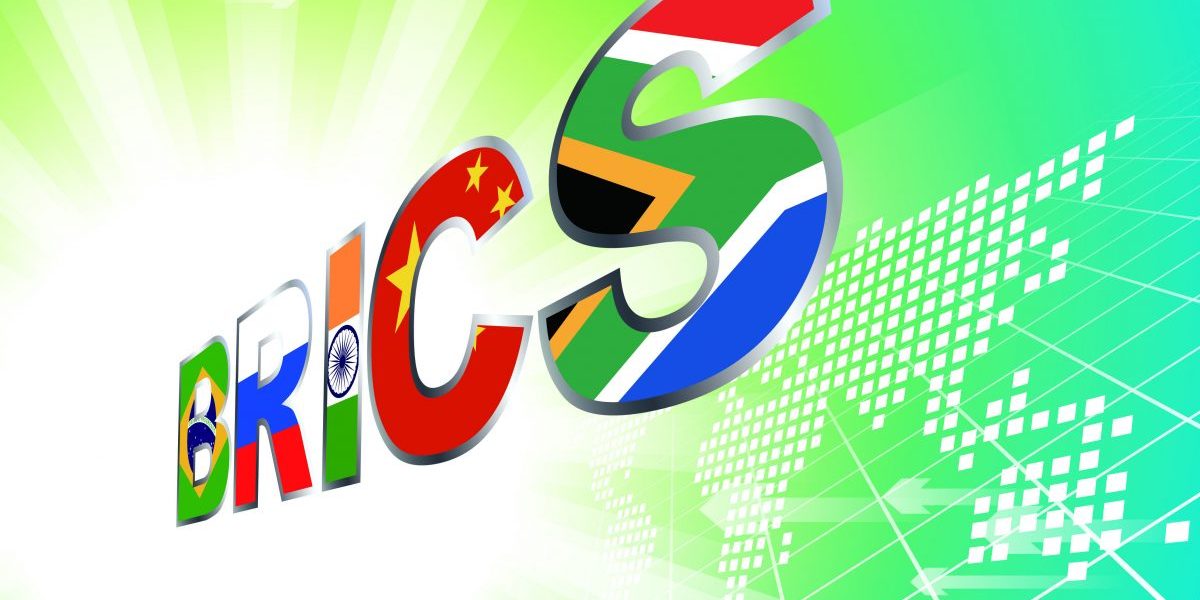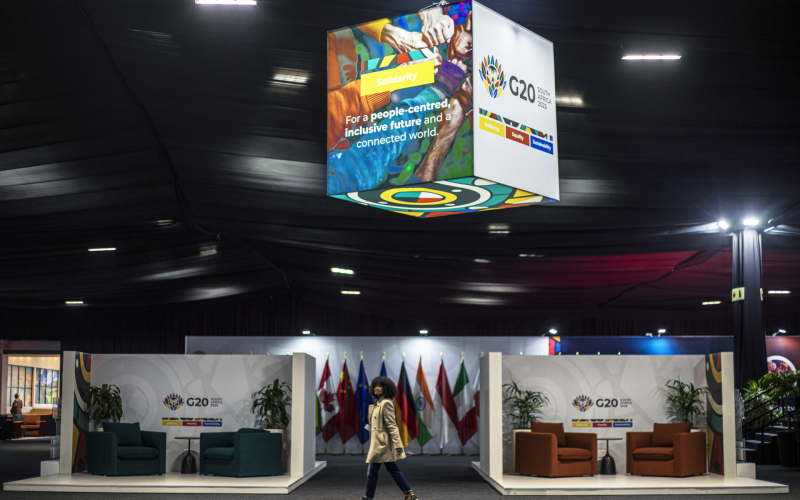Summary:
- How agendas are nationalized and implemented speaks to the value that each BRICS member can bring to the partnership. Entering 2023, South Africa faces similar challenges to 2018 related to service delivery in vital sectors such as energy, security, health and education, under more difficult global circumstances.
- Typically, BRICS is viewed through a broader academic lens that focuses on the collective impetus of BRICS as a global governance reformer, but operational components are vital to its success.
- Each BRICS presidency seeks to find continuity as well as add dimensions of innovation, but the gains of the BRICS agendas are collectively shared. So it is likely to see agenda items being set in one country’s presidency and being achieved by another.
- The BRICS agenda is bolstered by supporting BRICS institutions and the multitrack system, though which degrees of synergy are found.
- Looking to 2023, South Africa will continue to treat Africa as a priority; however, it will have to overcome severe bottlenecks in order to make the best of its membership of BRICS.








